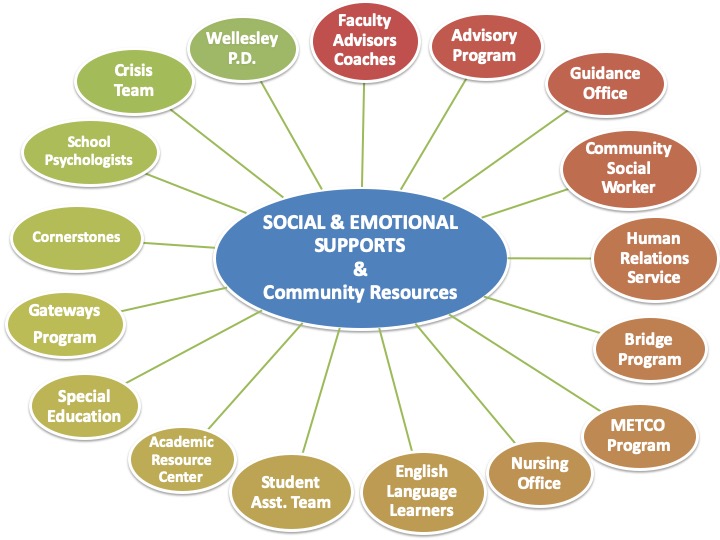Did you know that there are more people than just the school counselors whose job it is to support students’ social-emotional well-being at school? This is what Mr. Sam Ringel, Ms. Jordana Matz, Mr. Zachary Biedermann, and Ms. Melissa Gray do as the high school’s psychologists.
“When I graduated college, I didn’t know what I wanted to do in the field of psychology but I knew I wanted to be in the field of education,” said Ringel.
After working at a school for students with autism, Ringel realized he liked the one-on-one work with students, and after researching graduate programs, decided to become a school psychologist.
Similarly, Matz wasn’t sure what she wanted to do with a degree in psychology until later in college when she discovered school psychology.
“I didn’t even really know about the career, and then when I found out about it it just checked all the boxes of what I wanted to do,” said Matz.
School psychology is a very diverse field, where psychologists wear many hats and no day is ever the same.
“We do individual counseling for students, we do evaluations to determine whether or not students need specialized instructions or special education, we consult with faculty and teachers, and we meet with parents,” said Matz.
Generally, the role of school psychologists is to work with the faculty of the schools to best support students academically, socially and emotionally. This support comes in the form of providing evaluations for students who may need support, working with teachers and families, and providing individual counseling. But what is the difference between a school counselor and school psychologists?
School counselors can often be confused with school psychologists, and often people assume their jobs are the same. Ringel explained that while school counselors work with all students, school psychologists work with a select group.
“We work with students who are identified as needing long-term counseling from the school through a comprehensive referral process,” said Ringel.
School psychologists provide additional support above counselors. Students should first go to school counselors for any and all concerns they may have, whether those be related to academics or otherwise. Then, school counselors can refer students to the school psychologists if they deem necessary.
“We work with students who have, as the state likes to call it, emotional disabilities, but the word we like to use is emotional differences or deficits. We provide individual counseling for those students,” said Ringel.
At the high school, resources are always available for students and no worry is too small to seek support for from any adult in the building.
“Life is inherently challenging and unpredictable, and there are a ton of resources here to support students, and you can always go to your school counselor or any adult in the building to get the ball rolling if something doesn’t feel right,” said Ringel.

